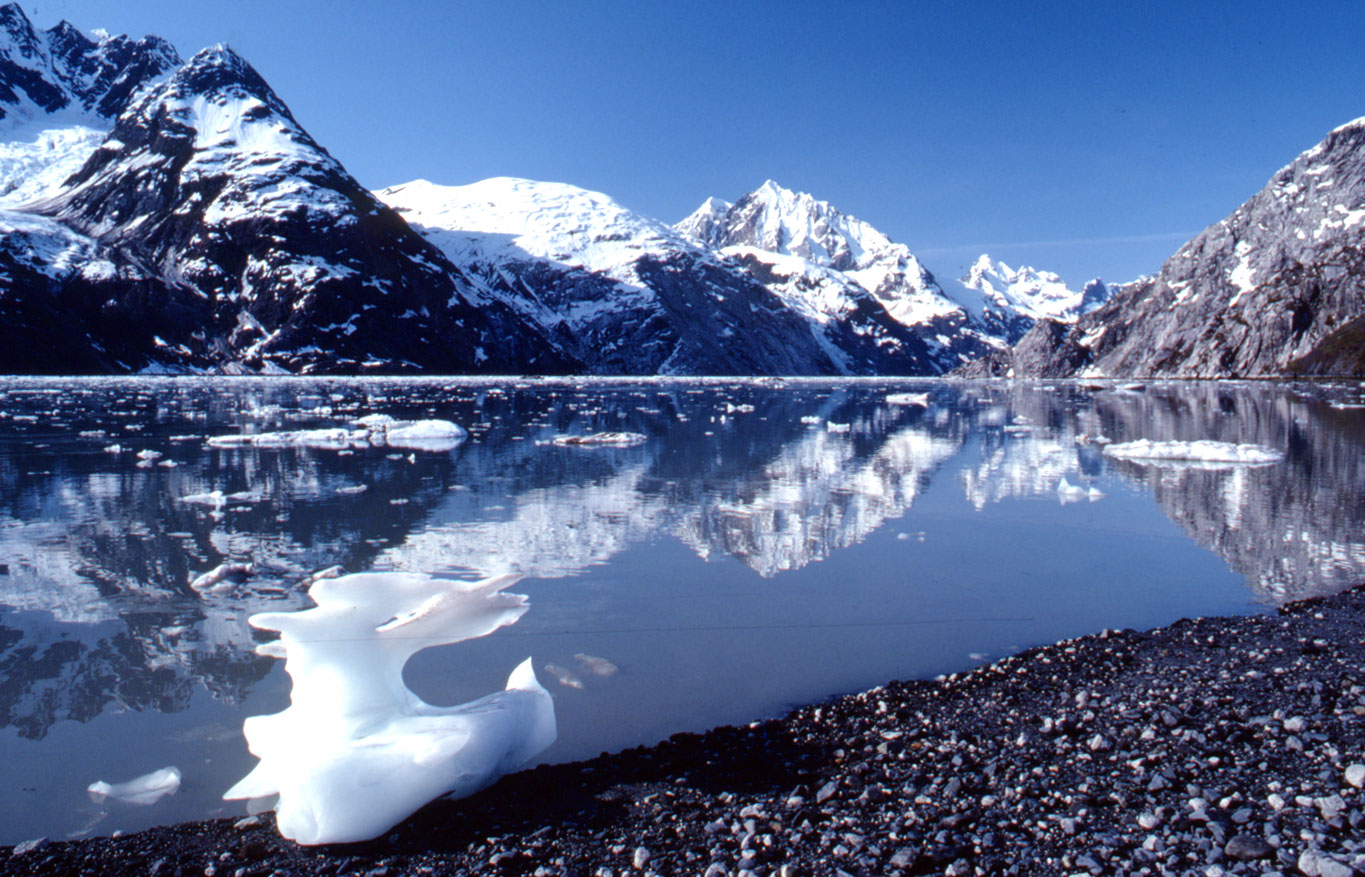Arctic Drilling: The New Oil Front
By Haider Ali
Posted: 5th October 2012 08:36
Drilling beyond the frozen shores of the Arctic was unfathomable for a variety of reasons from yesteryear. Logistical problems compounded with a lack of infrastructure all made the dream of searching for riches in this region very unfeasible. Throw into the mix the torrid winters, entrepreneurs would feel that investing there would not garner the returns shareholders and speculators would want.But contrary to belief many companies have moved beyond planning and actually putting into practice the concept of digging the Arctic seabed for oil. Royal Dutch Shell’s drilling exploits in the Chukchi Sea came to an abrupt halt after sea ice had encroached its drilling ship leaving it stranded.
The rig which is located off Alaska has been placed there only on a temporary permit. It was in fact only a few days ago that they were awarded the permit to operate the oil rig after it won a contract. Royal Dutch Shell have invested heavily into the machinery and manpower required to make it work in dangerous territory.
Numbers have been estimated to be around £2.9 billion, however this is a drop in the ocean compared to how much more is required to spend on the entirety of the project. The United States Coast Guard has yet to grant Royal Dutch Shell its approval for a containment spilling system, which are now pre-requisites following last years disastrous oil spill on the account of British Petroleum.
Safety for the environment has taken an unprecedented importance due to the lack of emphasis that was placed on contingencies last year. The oil spill in the Gulf wreaked damage on the sea; caused oil to be washed up ashore and affected many fishing communities who sued British Petroleum for their incompetence. Not to mention the wildlife and the ecosystems that encompass the surrounding area were also affected very severely. Tourism was also affected along shorelines as oil washed up on to the sand forming muddy looking composites.
But while people within the industry will learn from their mistakes, there is no doubt more regulation and bureaucracy will come about as a result of the previous incident. It is also likely to affect Royal Dutch Shell who seeks to open up more avenues in a totally different environment for greater profit.
The Arctic present a wholly different challenge to off-shore drilling not just because of the location, but because it is a desolate region. The frantic weather will cause oil companies more difficulty than other challenges previously encountered around the world and for this reason alone private equity firms and hedge funds will be hesitant to put their money into a risky project.
The Chukchi Sea, particularly the Bering Strait, through which ships have to pass, is only open to drilling for a few months during the year. For maximum exploitation of the available resources they will have to drill at maximum capacity to extract as much oil as possible in order to gain more profit. Naturally Royal Dutch Shell will have to ask for a longer permit from the United States government and this will be reliant on an assortment of issues ranging from opposition from environmentalists and corporate antagonists.
There is no doubt that Royal Dutch Shell will encounter difficulties, but it is often through difficulties when innovation comes to the forefront presenting grandiose opportunism to investors looking to profit. With Royal Dutch Shell, investors will be aligned with a company that operates shrewdly in the market, minimising risk and offering great reward. Along with corn crops and precious metals, which are still booming, oil presents the third commodity forming the triumvirate that will still fetch a pound from a penny’s investment.
Investors may be tempted to take a punt on Royal Dutch Shell’s adventure in the Arctic. The only downside to this investment is even with high oil prices delivering shareholders a decent return, they are only short-term. The small time-frame will not provide a steady profit that will endure throughout the year as again one must emphasise the Bering Strait is only open for a few months before the seas freezes over making it impossible for oil shipments to travel through or drilling to commence.
More innovation in the drilling department, a longer permit being granted and stability in the financial markets are the ingredients required for this adventure to be successful. Even with the strong odds in Royal Dutch Shell’s favour they still have some hurdles to overcome.




Comments